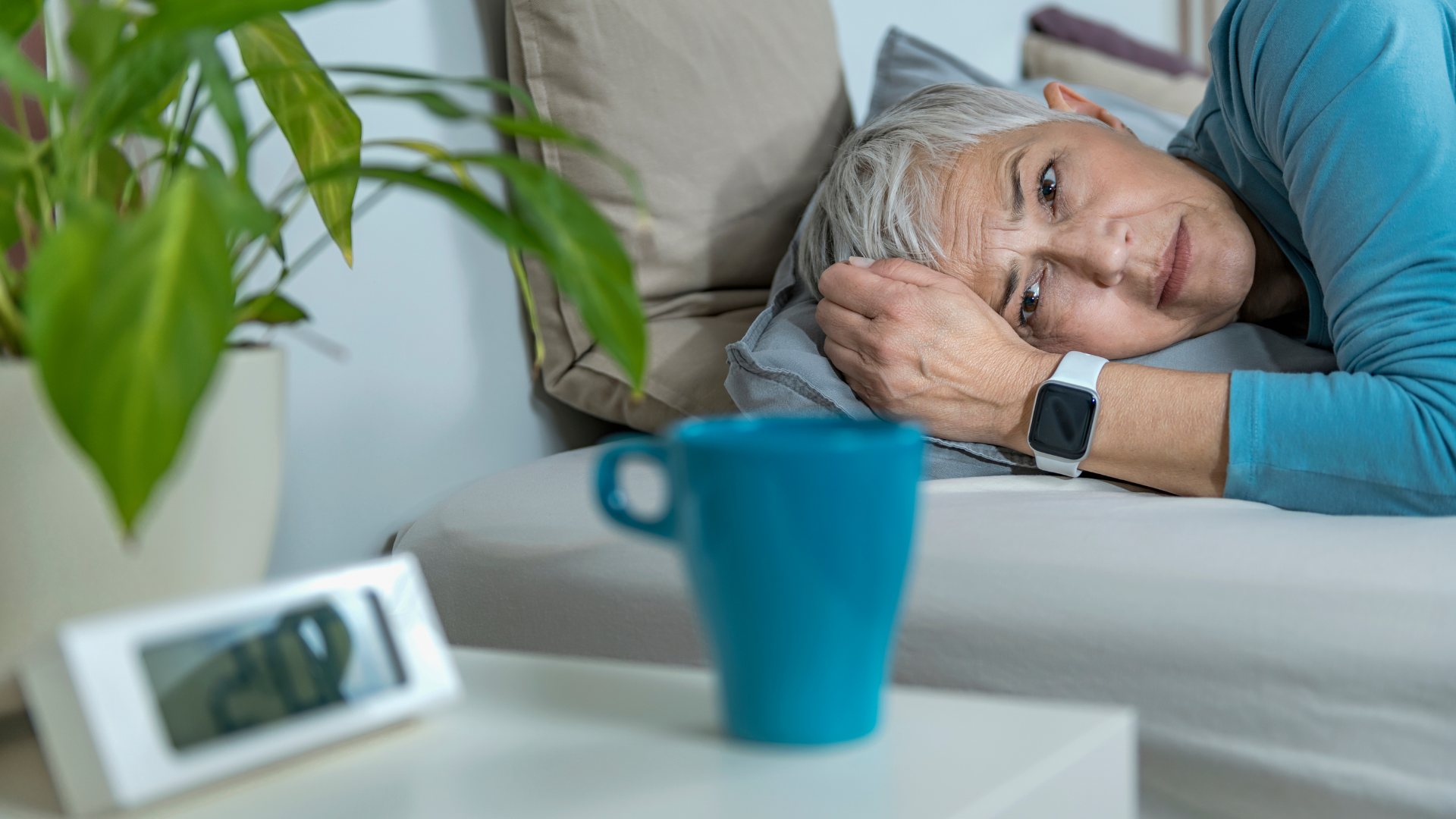
The Role of Progesterone and Estrogen in Sleep During Perimenopause and Menopause
Feb 12, 2025For many women, one of the earliest signs of the start of perimenopause is disrupted sleep. Waking up at 2–3 a.m., tossing and turning, or feeling anxious for no apparent reason is frustrating—but it’s also common. So, what’s going on? Let’s explore how progesterone, estrogen, and your lifestyle play a role in your sleep challenges and what you can do about it.
Why Do Sleep Issues Start During Perimenopause?
In early perimenopause, progesterone levels begin to decline. While this hormone is best known for its role in fertility, it’s also a natural relaxant that promotes deep, restful sleep.
When progesterone drops, you may experience:
- Increased early morning waking (2–3 a.m.)
- Trouble falling back asleep
- Feeling anxious for no reason
Progesterone has a calming, restful effect on the brain, so its decline can make you feel restless, amplifying sleep disturbances.
When Estrogen Joins the Sleep Party
As perimenopause progresses, estrogen levels also begin to fluctuate and decline, creating new sleep challenges:
- Night sweats
- Disrupted body temperature regulation
- Increased wakefulness
The combination of low progesterone and fluctuating estrogen often results in restless nights and groggy mornings.

Lifestyle Factors and Sleep: The Time-Poor Era
Let’s face it—many of us have put sleep on the back burner. In today’s busy world, juggling work, family, and endless to-do lists leaves little time for rest. When sleep isn’t a priority, it exacerbates hormonal imbalances, leading to:
- Poor sleep hygiene (like scrolling on your phone before bed).
- Increased stress levels that keep cortisol high and prevent relaxation.
- Nutritional deficiencies, as stress depletes key sleep-supporting nutrients like magnesium, zinc, and vitamin B6.
The Solution: Supporting Your Hormones for Better Sleep
Hormonal balance is the key to restoring restful sleep.
Progesterone for Early Perimenopause
Introducing bio-identical progesterone can:
- Promote relaxation and calm the mind.
- Enhance deep sleep cycles.
- Reduce nighttime anxiety.
Estrogen for Menopause Transition
As estrogen levels decline, a small top-up of bio-identical estrogen (via patches, gels, or creams) can help:
- Reduce night sweats.
- Improve body temperature regulation.
- Restore overall sleep quality.
Together, these hormones can work harmoniously to reclaim your deep, restful sleep.
Lifestyle Tips for Better Sleep
While hormones play a huge role, lifestyle adjustments can enhance your sleep quality:
- Prioritise Sleep: Treat sleep like the cornerstone of your health—it’s not optional.
- Practice Relaxation: Wind down with mindfulness, meditation, or a warm bath before bed.
- Create a Sleep-Friendly Environment: Keep your bedroom cool, dark, and tech-free.
- Nourish Your Body: Eat nutrient-rich foods and consider magnesium or zinc supplements to support relaxation.

Nutrient Focus - Magnesium & Zinc for Relaxation
Magnesium and zinc are essential minerals that help:
- Relax the nervous system
- Reduce anxiety and stress
- Promote deeper, restorative sleep. If you’re experiencing frequent nighttime awakenings, these two nutrients might be worth incorporating into your routine.
Why Bio-Identical Hormones Matter
Bio-identical hormones are structurally identical to those your body naturally produces, making them safer and more effective than synthetic options. They:
- Work with your body’s natural rhythms.
- Reduce the risk of side effects.
- Provide personalised, gentle solutions for hormonal imbalances.
Take Charge of Your Sleep and Hormonal Health
If you’re waking up at 2–3 a.m., feeling anxious or struggling to fall back asleep, you don’t have to accept it as your “new normal.” By addressing your hormonal imbalances and making minor lifestyle adjustments, you can:
- Sleep soundly through the night.
- Reduce anxiety and stress.
- Feel refreshed and ready to take on your day.
At EmpowerHer, we specialise in helping women navigate perimenopause and menopause with confidence. Our programs offer the tools, knowledge, and support you need to thrive—not just survive.
Call to Action
Ready to take control of your sleep and well-being?
Begin your journey with Weekend Hormone Harmony by subscribing to the newsletter, and get a free, expert hormonal health tip every weekend—no strings attached, just pure wellness for you.
Begin Your Journey to Hormonal Harmony
Weekend Hormone Harmony
Get a free, expert hormonal health tip every weekend—no strings attached, just pure wellness for you.


